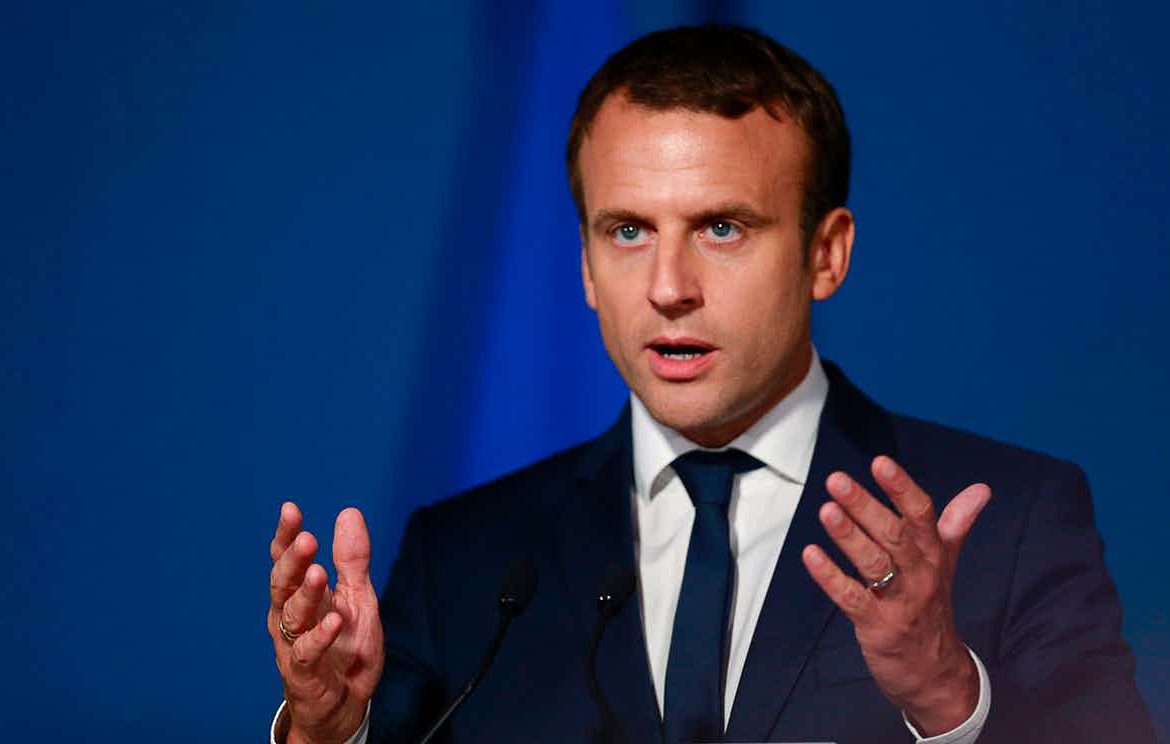After assuming the office French President Emmanuel Macron started to reshuffle the Minister Cabinet delivering on his campaign promise to bring ethics back into politics. Two French Ministers including the newly appointed Defense Chief announced their leave on 20th of June 2017. Another two resigned the next day. On Wednesday the 21st of June Macron named their successors.
Territorial Cohesion Minister Richard Ferrand announced his resignation on the 20th of June 2017. Ferrand gave an interview to RTL radio and explained that he will now lead the Macron’s La Republique En Marche! party members at the National Assembly. Ferrand maintained that it was a “strategic job” and a “sign of confidence” from the French President.

Richard Ferrand is under corruption investigation. He is accused of nepotism and negotiating shady financial deals. Ferrand denies any wrongdoing. However, he admits that certain “old habits” are no longer accepted by the public.
The Defense Chief Sylvie Goulard, appointed only one month ago on the 17th of May 2017, was considered the most promising member of Macron’s Cabinet. In her resignation letter Goulard stated that she decided to quit to keep the president’s efforts in fighting corruption safe and pure.

Goulard is the centrist Modem party member. Modem is in alliance with Macron’s party and is currently under corruption investigation regarding the accusations of using EU Parliament aides to perform specific tasks for the party officials.
Goulard said that she wishes to be able to “show my good faith” in this investigation. Therefore, she decided to leave the office.
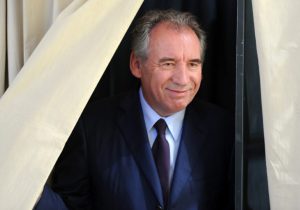
For the Minister of Justice Francois Bayrou the aforementioned Goulard’s decision came as a serious blow for he is the founder and leader of Modem. Within the 24 hours of her announcement Bayrou too chose to step down. That way he not only appeared to be supportive of a fellow party member, but also escaped the inevitable conflict of interest: as the Minister of Justice it would have been Bayrou’s job to promote the anti-corruption legislation as well as “restoring trust” politics.
During the televised press-conference Bayrou stated that he was wrongfully accused, but decided to resign in order to avoid “the president and the government being exposed to controversy” and “a campaign of lies”. He clarified that he met with Macron “two, maybe three weeks ago” and offered to step down. “I could see very well the way this affair was going,” – Bayrou said, –
In another era, France was the country of anonymous letters, the country where more were written than anywhere else in Europe. The denunciation of neighbours one was jealous of has started a new era. Denunciation through social networks, the press … the courts are obliged to open an inquiry when these things are brought to their attention and the opening of an inquiry is now presented as a pre-condemnation. The madness begins”.

Marielle de Sarnez became the Minister of Foreign Affairs in May 2017. As Goulard and Bayrou she is also a Modem party member and therefore involved in the corruption scandal and the ongoing investigation.
Sarnez was elected to the French National Assembly on Sunday the 18th of June 2017 and contemplated quitting the government.
“Everything is open”, – Sarnez told the Parisien newspaper.
On Wednesday the 21st of June 2017 Sarnez followed in Bayrou’s footsteps and announced that she is resigning. Now Sarnez will be free to lead the Modem party members at the French National Assembly if she so wishes.
Goulard, Bayrou and Sarnez all strongly deny any wrongdoing.
New faces of the Minister Cabinet
French President Emmanuel Macron began to tweak the Minister Cabinet after his party achieved a parliamentary majority on Sunday the 18th of June 2017. On Wednesday the 21st of June Macron announced four successors of those aforementioned governmental officials who chose to leave his office.
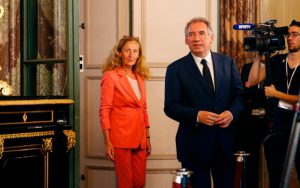
An unfamiliar figure, Nicole Belloubet, replaced Francois Bayrou as the Minister of Justice. She is a technocrat and a former local and regional councillor in the Toulouse region as well as the first woman nominated to France’s constitutional council.

Another high-ranking French civil servant and former business leader Florence Parly was appointed as Defense Chief of France. Parly already served in the office under Prime Minister Lionel Jospin from 2000 to 2002. After that she became the deputy general director of Air France, and then moved to the state-run rail company SNCF.
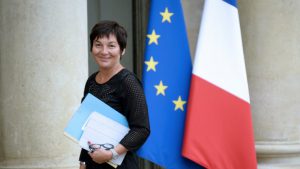
Annick Girardin, who was third on the Macron’s list, is a largely unknown junior minister who served in Francois Hollande’s Socialist government. Girardin was named Richard Ferrand’s successor.
A former French diplomat Nathalie Loiseau became the new Minister of Foreign Affairs.
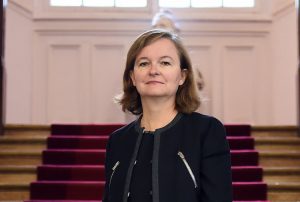
Emmanuel Macron maintains that his ministers must be morally irreproachable. Colleagues have already started calling him Jupiter behind closed doors in honour of the all-powerful Roman god of Heaven and Earth who embodied a sense of morality, obligation and duty to correct behaviour. And, if four distinguished governmental officials sacrificed their successful careers to ensure Macron’s reputation stays stainless, this nickname certainly suits the new French leader.
Sources: The New York Times, Politico, The Guardian.
 info@anticorr.media
info@anticorr.media
